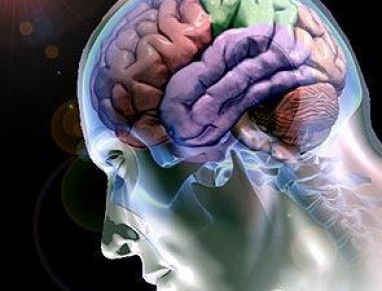Why brain training needs to be better targeted, and more widely available
—
ADHD, substance abuse and conduct disorder develop from the same neurocognitive deficits (Medical Xpress):
“Researchers at the University of Montreal and CHU Sainte-Justine Research Centre have traced the origins of ADHD, substance abuse and conduct disorder, and found that they develop from the same neurocognitive deficits, which in turn explains why they often occur together…
“Our findings suggest that risk for externalizing problems exist on a continuum in the general population, are easily measured and can be targeted before diagnosable problems arise. The findings also help reduce stigma and address some of the complexities when diagnosing and treating concurrent psychiatric problems. The implications are that clinicians can manage multiple psychiatric problems by focusing on how a young person is functioning on a few key neurocognitive dimensions. The next step is to develop evidence-based intervention strategies that will target these three areas of brain function”…
The researchers were able to use statistical modelling to see what risk factors were linked to which psychiatric symptoms… Three key neurocognitive dimensions were identified as being implicated in most externalizing problems…
“Prevention and intervention approaches for externalizing problems – ADHD, conduct disorder and substance use – could benefit from incorporating training components that target the brain functions or deficits related to impulsive action, impulsive choice, and reward sensitivity.”
Learn more:



